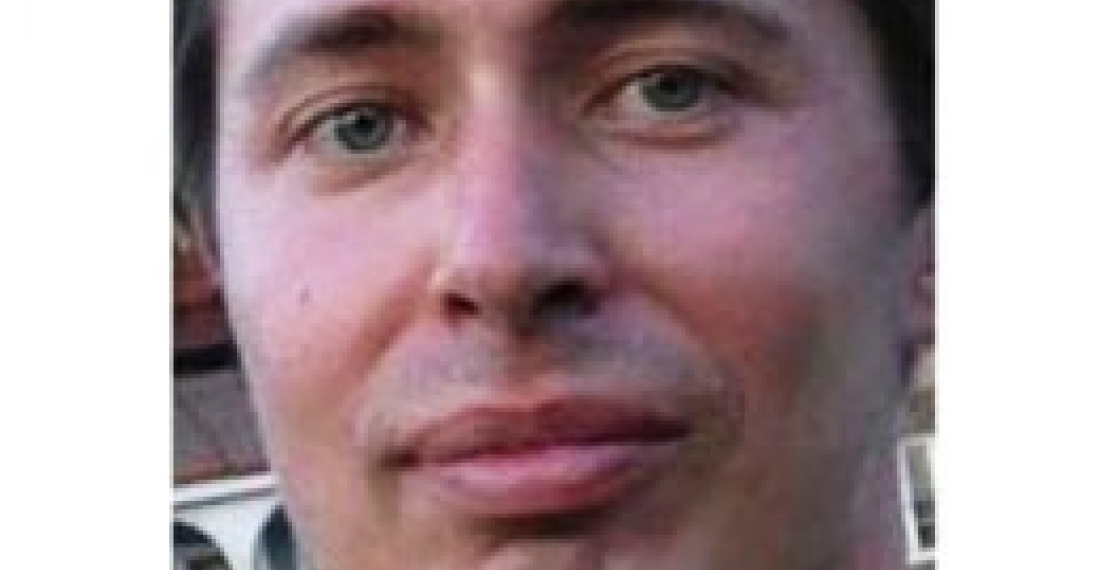The Hungarian authorities wage a pro-Armenian policy, while extradition of Ramil Safarov, the killer of the Armenian officer, is a result of the false policy of the Azerbaijani authorities, Benedek Zsigmond, specialist in Armenian studies from Hungary, said in a press conference in Yerevan, on September 2.
Zsolt Nemeth, Parliamentary State Secretary of the Ministry of Foreign Affairs of Hungary expressed a protest to Azerbaijan against pardoning Safarov on September 2. Hungary condemns Azerbaijan for not fulfilling the undertaking that the sentenced person will serve the remaining part of his prison sentence in the Republic of Azerbaijan and may be released on conditional parole only after he has served at least 25 years of his sentence.
Hungary is in a very difficult social and economic situation, he said, and Baku's suggestion to buy government bonds in the amount of 3 billion dollars proved quite timely. Nevertheless, the expert said that the Hungarian government agreed to accept Baku's offer only after it received guarantees that Safarov will continue serving his sentence in Azerbaijan.
Benedek Zsigmond said that Baku has not yet fulfilled its undertaking, but the above $3 billion are still necessary to Hungary. Unlike the Hungarian authorities, the expert said, the public in Hungary is concerned over the situation and is determined to fight for justice. He said that two protest actions have already been held in Budapest, and one more action is scheduled for Tuesday. "We realize the meanness of Safarov's deed and such position of Baku is inadmissible to us," Benedek Zsigmond said.
To recall, the scandal involving Hungary, Armenia and Azerbaijan broke out on Friday following Budapest's extradition of Ramil Safarov on August 31. Azeri officer Ramil Safarov was sentenced by a Hungarian court to life in jail for killing sleeping Armenian officer Gurgen Margaryan with an axe in Budapest in 2004. Both the officers were undergoing an English language course under the NATO PfP program. The same day after Safarov's extradition, Azeri President
Ilham Aliyev decreed to pardon the criminal and granted him a rank of Major.
The same say the Armenian authorities adopted a decision to suspend diplomatic relations and official contacts with Hungary. President of Armenia Serzh Sargsyan made public the decision at a special meeting with the heads of diplomatic missions on Friday after the Hungarian authorities extradited Safarov.
Hungarian specialist in Armenian studies: Ramil Safarov's extradition is a result of false policy of official Baku
Hungarian specialist in Armenian studies: Ramil Safarov's extradition is a result of false policy of official Baku







